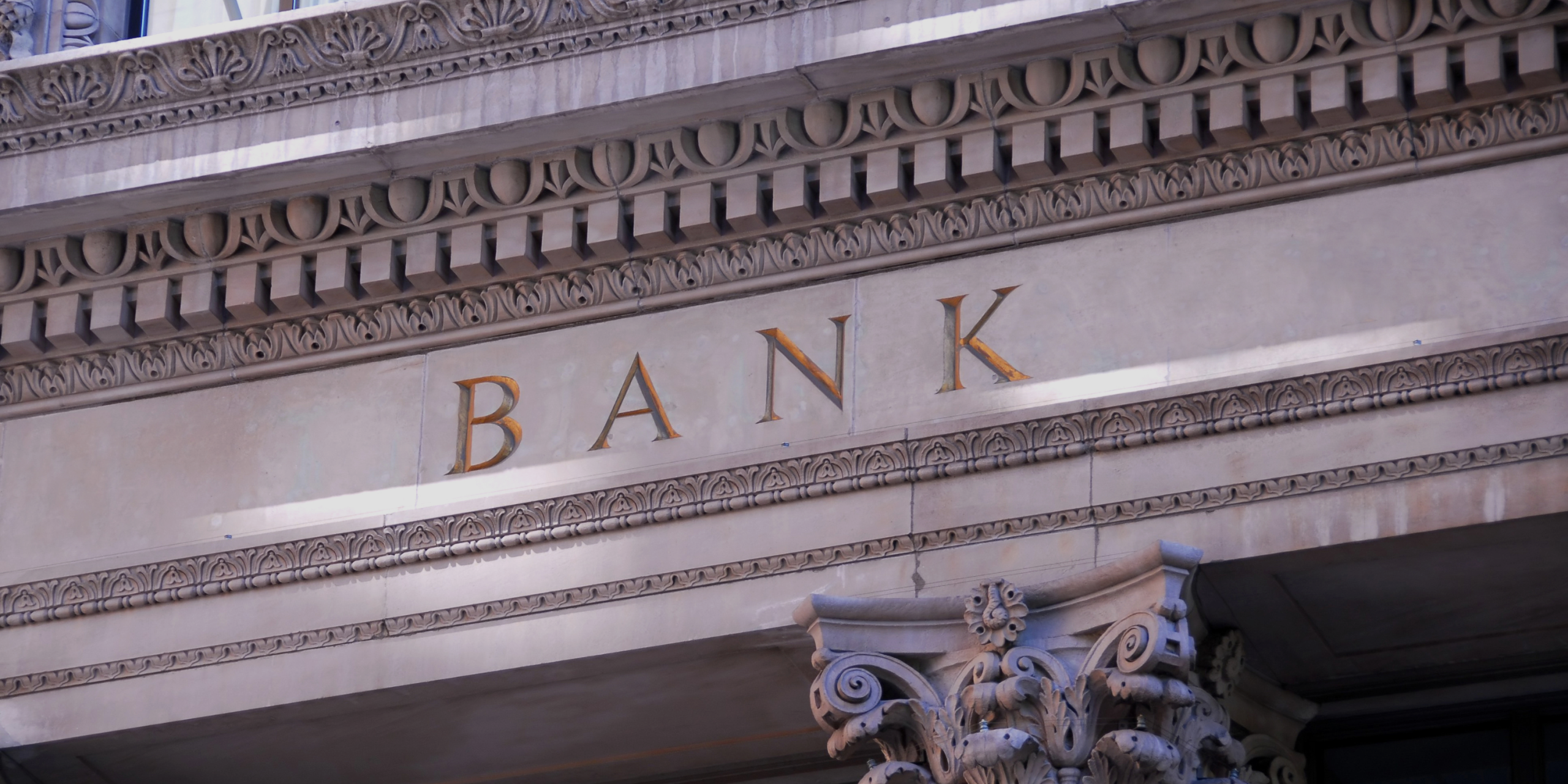Every year, the ranking of the best banks matters to investors, entrepreneurs, and high-net-worth individuals. These clients seek performance, innovation, and reliability. In 2025, priorities have shifted: digitalisation, ESG (Environmental, Social, and Governance) criteria, and the quality of the client relationship are now just as important as financial strength or investment performance.
But which banks are the most successful and committed, dominating the market this year?
Financial Strength: An Essential Asset
In today’s unstable geopolitical context, the safety of deposits and a bank’s ability to withstand economic fluctuations are crucial. In 2025, UBS tops the rankings after completing its integration of Credit Suisse, further strengthening its global presence. BNP Paribas maintains a strong position, thanks to its diversified business lines and solid footprint in Europe and Asia.
What Are Wealthy Clients Looking for Today?
High-net-worth individuals are not just seeking high-performing investments. They expect clear and transparent communication, and above all, highly personalised service. Certain private banks, such as Pictet and Lombard Odier—both Swiss and independent—have built strong reputations in this area. They operate discreetly and provide tailor-made solutions with a focus on long-term relationships.
Meanwhile, J.P. Morgan continues to attract the wealthiest clients. Cutting-edge investment opportunities set it apart and are hard to find elsewhere. J.P. Morgan also offers a level of personalised support that matches its clients’ high expectations.
Digital Innovation: A Powerful Lever
The banking sector has evolved significantly, especially in terms of digital technology. In 2025, some banks stand out for their adoption of advanced tools. For example, Goldman Sachs offers an innovative trading platform powered by artificial intelligence. At Deutsche Bank, automated portfolio management and strong cybersecurity are key strengths.
As for online banks like Revolut or N26, there are still some reservations. They are not yet the first choice for very wealthy individuals but offer a different and intuitive user experience, pushing traditional banks to innovate.
Responsible Investing
Environmental, social, and governance (ESG) criteria have become essential. It’s no longer just about money—it’s about values. Some institutions like Lombard Odier, Julius Baer, and Rothschild genuinely integrate ESG principles, not only into their investment products but also into their internal operations and corporate culture.
International Support
Today, many clients live abroad and need a bank that can support them internationally. HSBC Private Banking is well positioned in this area. Additionally, BNP Paribas is strengthening its presence in Asia and the Middle East, two very dynamic regions.
There is no universal “best” bank—it depends on each individual’s needs. If you prioritise the stability of a major group, UBS is a solid choice. For personalised support, banks like Pictet or Lombard Odier provide excellent service. On the other hand, if technological innovation is your priority, Goldman Sachs and J.P. Morgan are leaders in the field.
Ultimately, what matters most is having a banker who understands your priorities and can anticipate shifts in the financial landscape.







